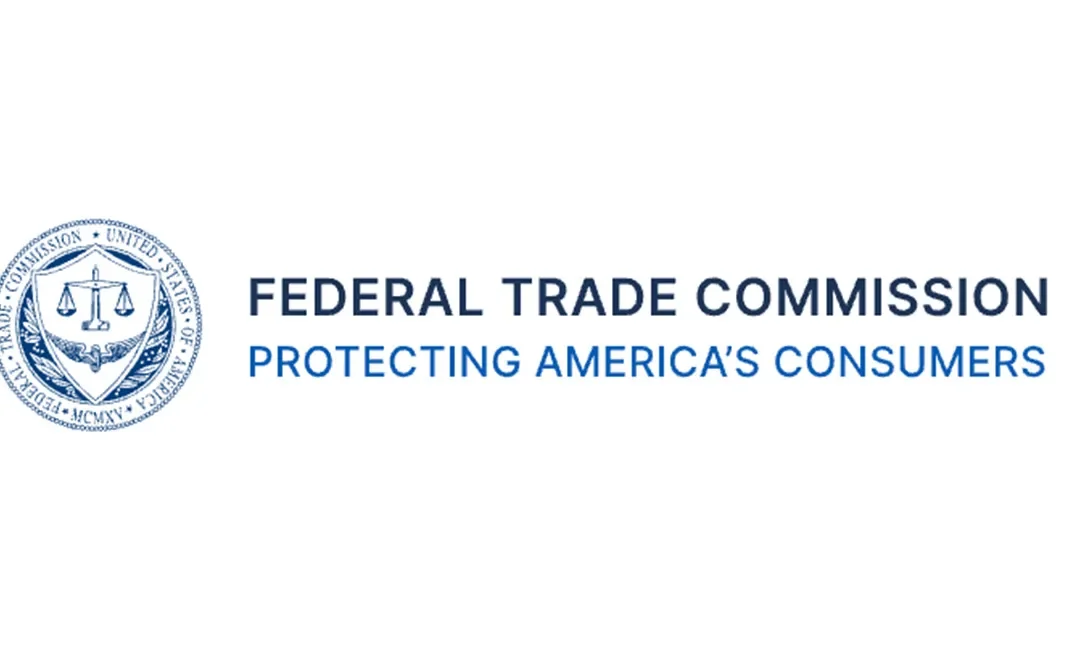Letters to eight companies warn about tying warranty to use of branded parts and affixing “warranty void if removed” stickers to their products.
Federal Trade Commission (FTC) staff sent warning letters to eight companies about their warranty practices that may be standing in the way of consumers’ right to repair products they have purchased.
The warning letters inform the companies of FTC staff’s concerns that their practices violate the Magnuson-Moss Warranty Act (MMWA), a law that governs consumer product warranties and is enforced by the FTC.
“These warning letters put companies on notice that restricting consumers’ right to repair violates the law,” said Samuel Levine, Director of the FTC’s Bureau of Consumer Protection. “The Commission will continue our efforts to protect consumers’ right to repair and independent dealers’ right to compete.”
The letters to five of the companies warn that FTC staff has concerns about the companies’ statements that consumers must use specified parts or service providers to keep their warranties intact. Unless warrantors provide the parts or services for free or receive a waiver from the FTC, such statements are generally prohibited by the MMWA. Similarly, such statements may be deceptive under the FTC Act.
These letters were issued to air purifier sellers aeris Health, Blueair, Medify Air, and Oransi, along with treadmill company InMovement.
Letters to three other companies warn against their use of stickers containing “warranty void if removed” or similar language that are placed in locations on products that hinder consumers’ ability to perform routine maintenance and repairs on their products.
These letters were issued to ASRock, Zotac, and Gigabyte, companies that market and sell gaming PCs, graphics chips, motherboards, and other accessories.
FTC staff has urged each company to review its promotional and warranty materials to ensure that such materials do not state or imply that warranty coverage is conditioned on the use of specific parts or services. The letters state that FTC staff will review the companies’ websites after 30 days and that failure to correct any potential violations may result in law enforcement action.
The staff attorneys on this matter are Abdiel T. Lewis and Alyssa Wu of the FTC’s Western Region, San Francisco.
Our take on this: While the FTC’s recent actions do not specifically address printer OEMs, the issues highlighted are very similar to those in our industry. Consumers in the printing sector also face limitations due to restrictive warranty practices tied to branded parts and “warranty void if removed” stickers. Educating consumers on their rights and promoting fair repair practices is essential to ensure they can make informed decisions and maintain their equipment effectively.



















